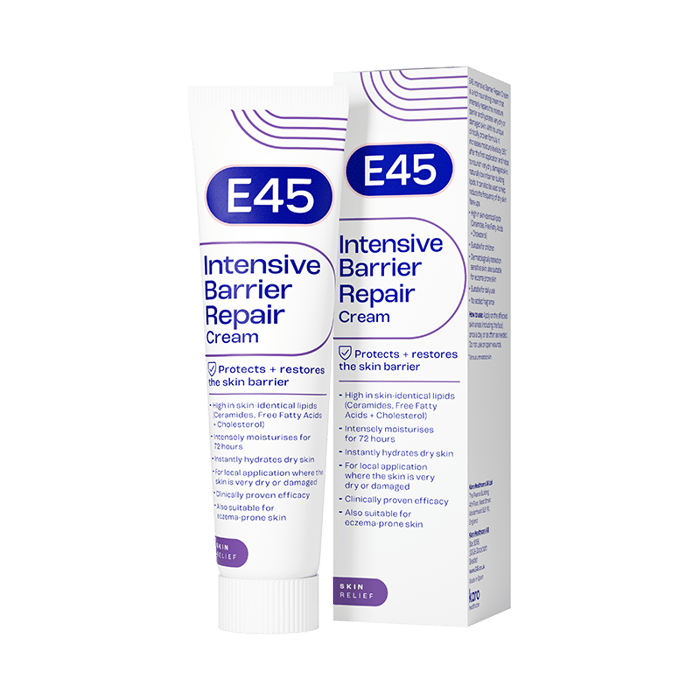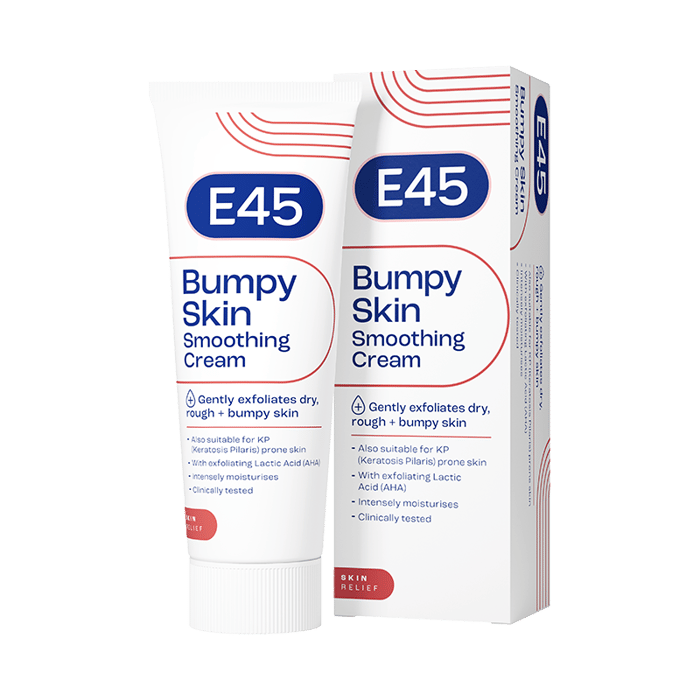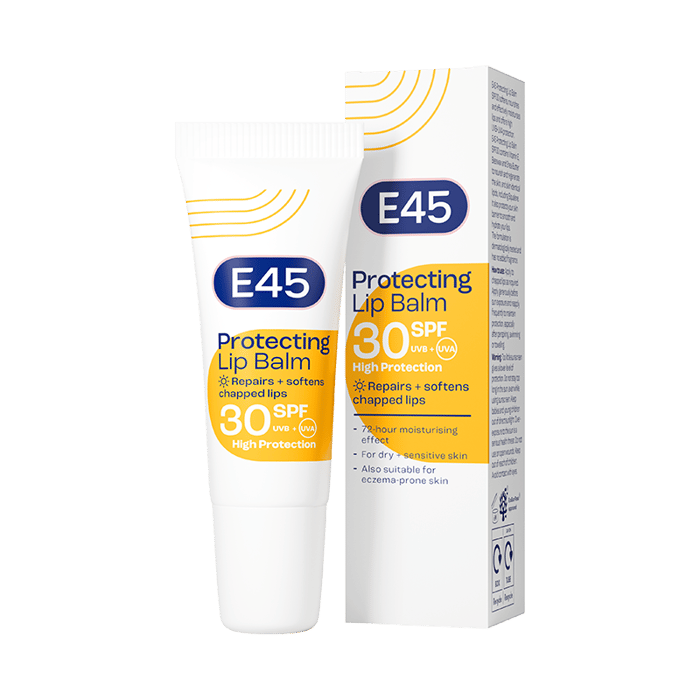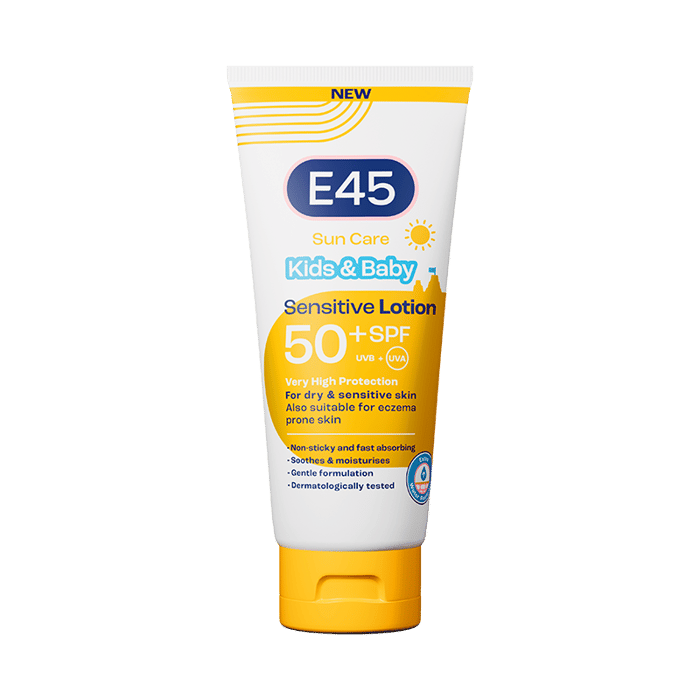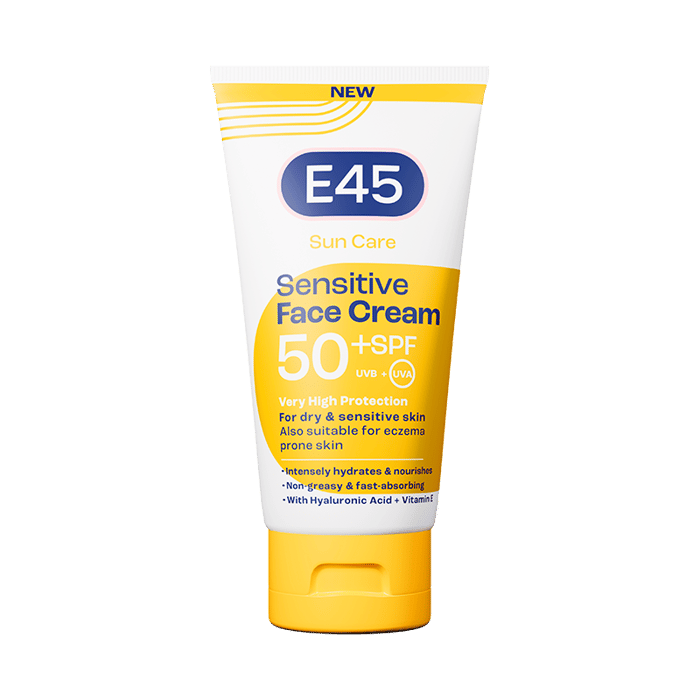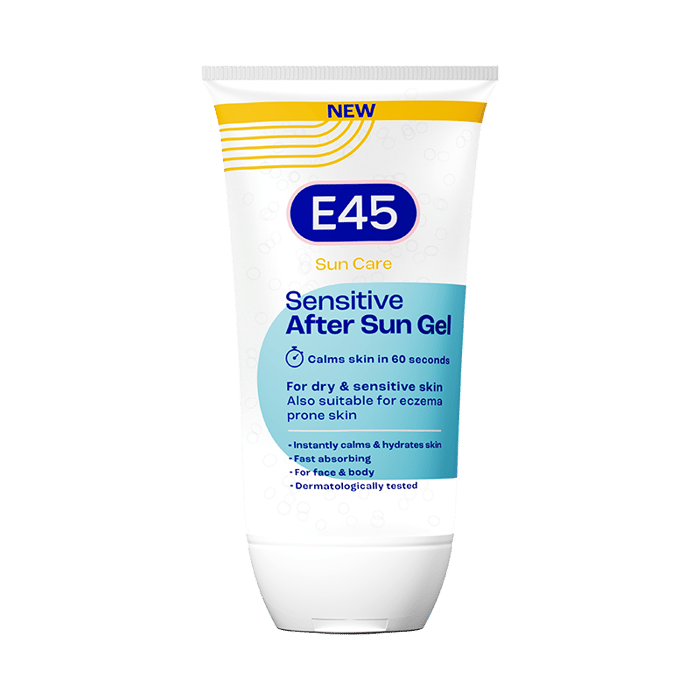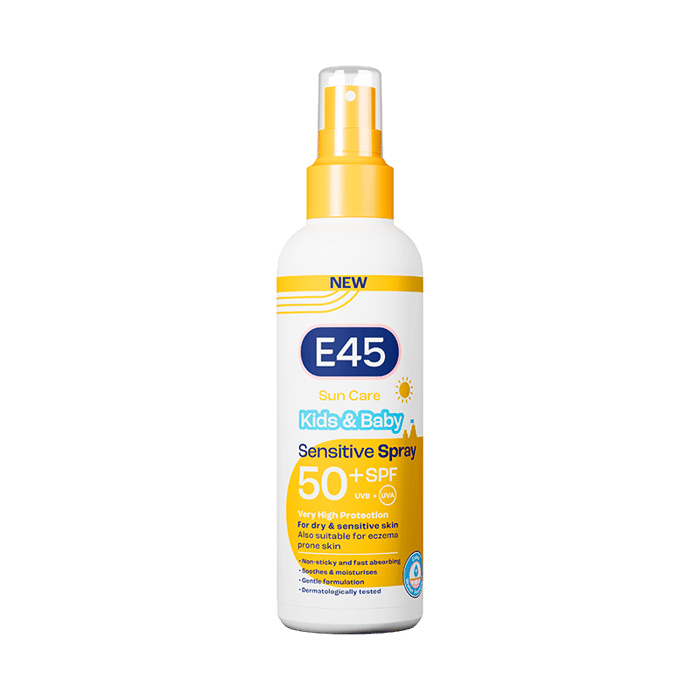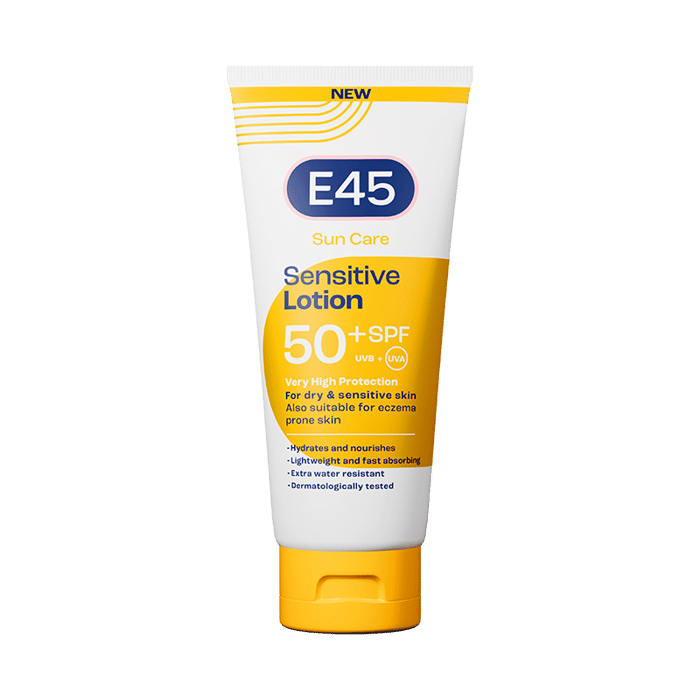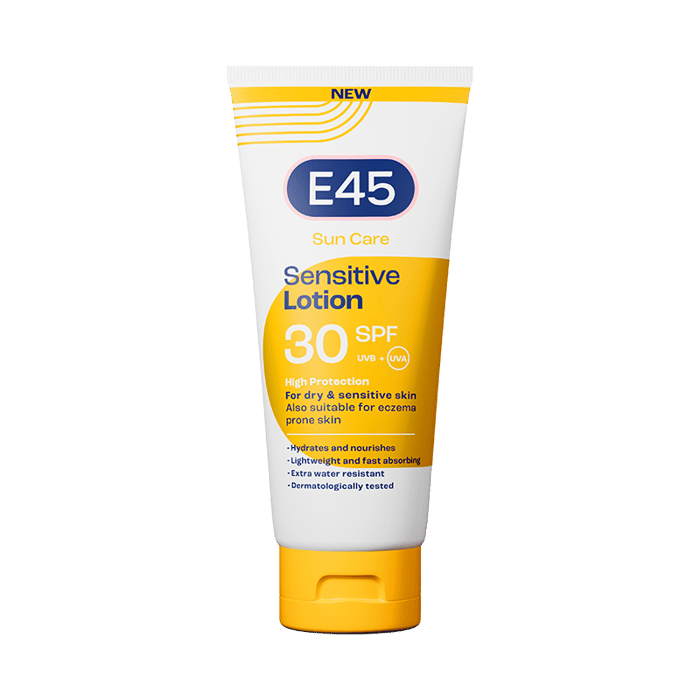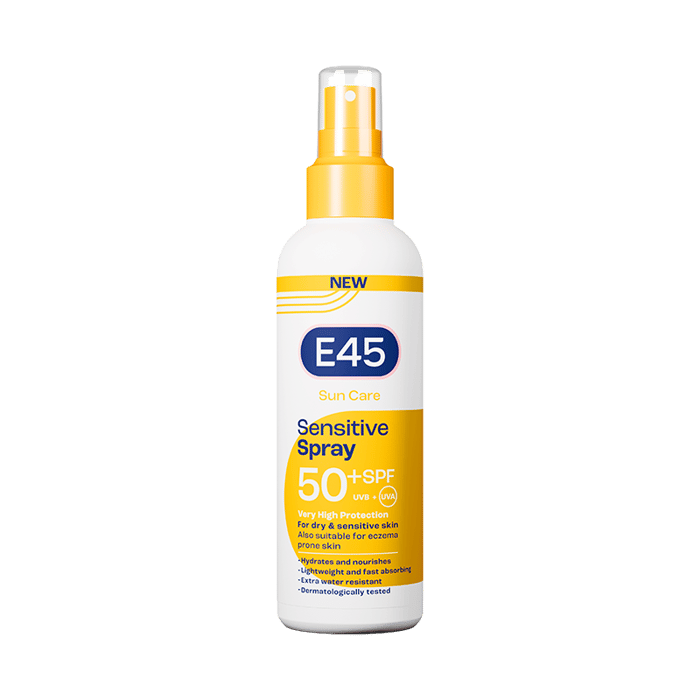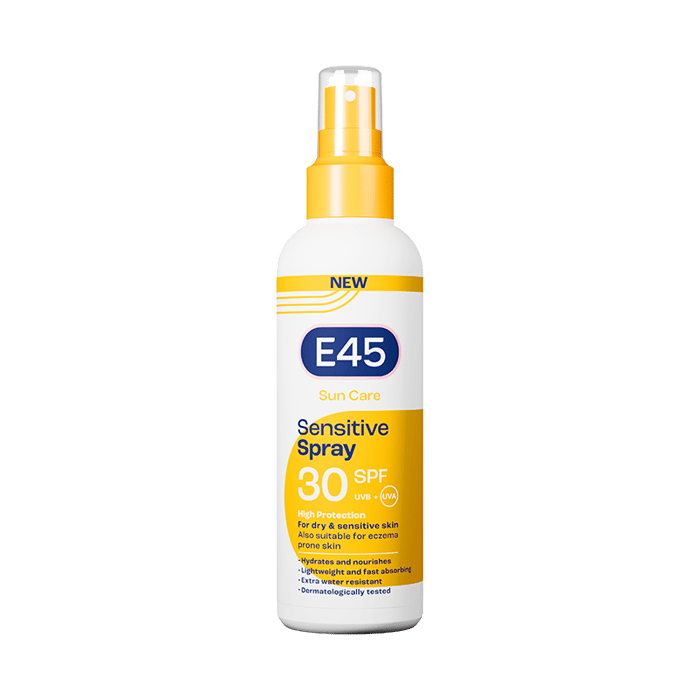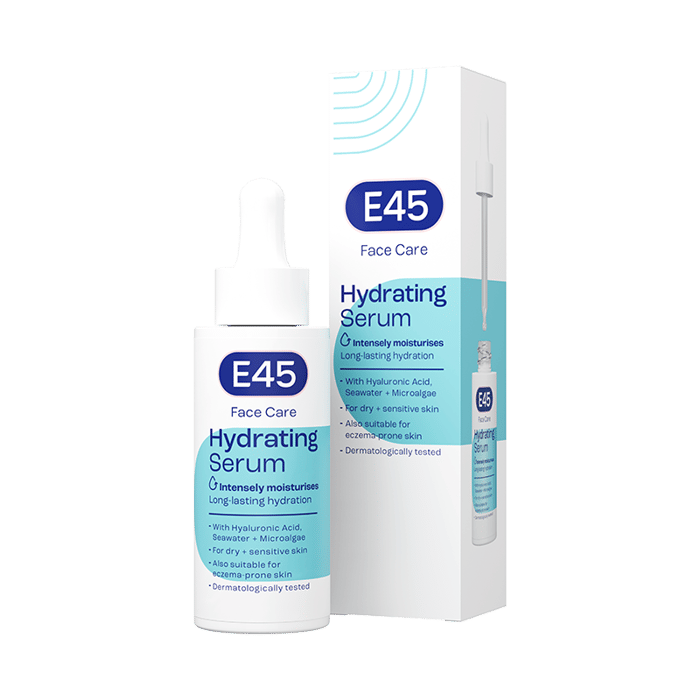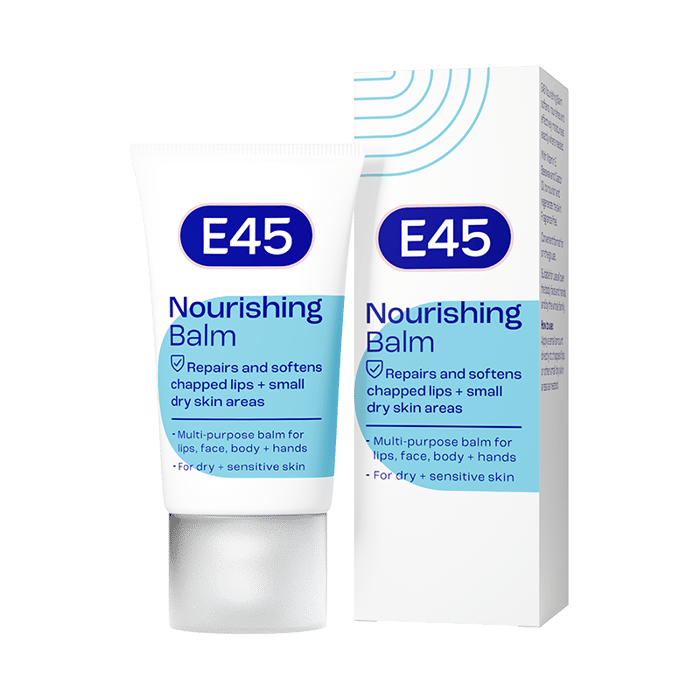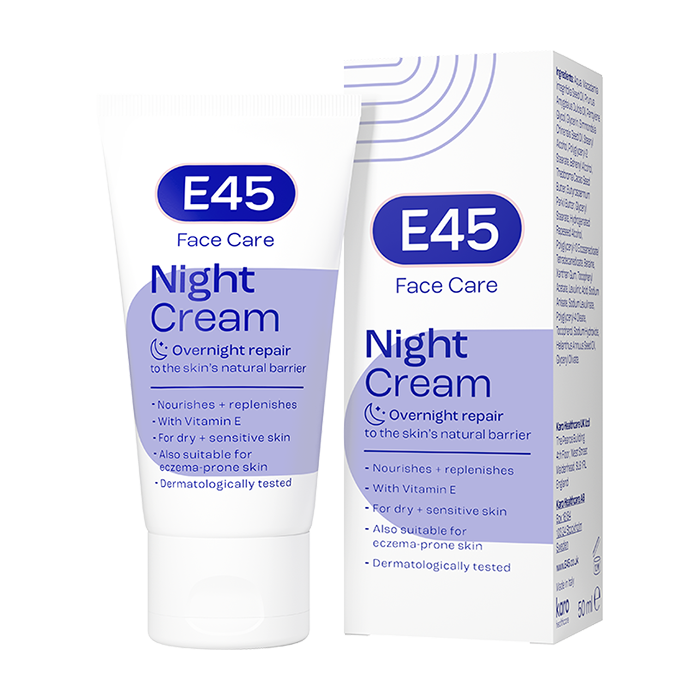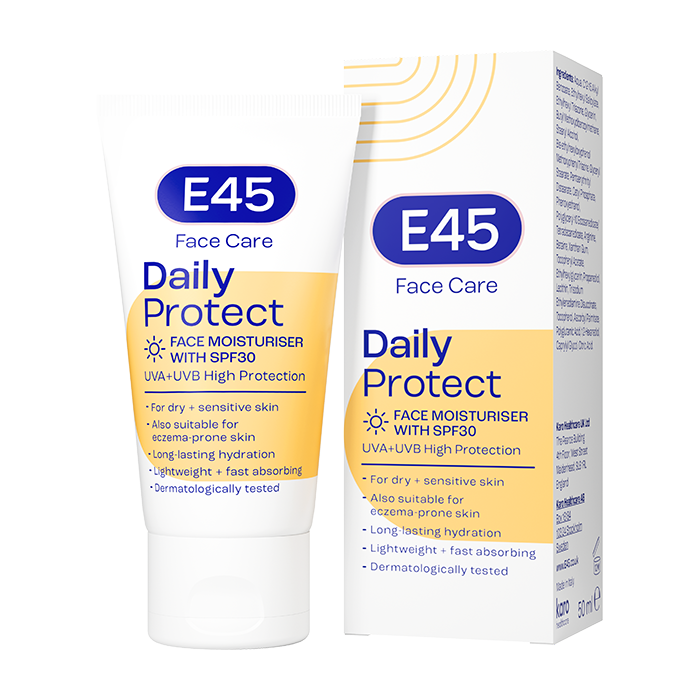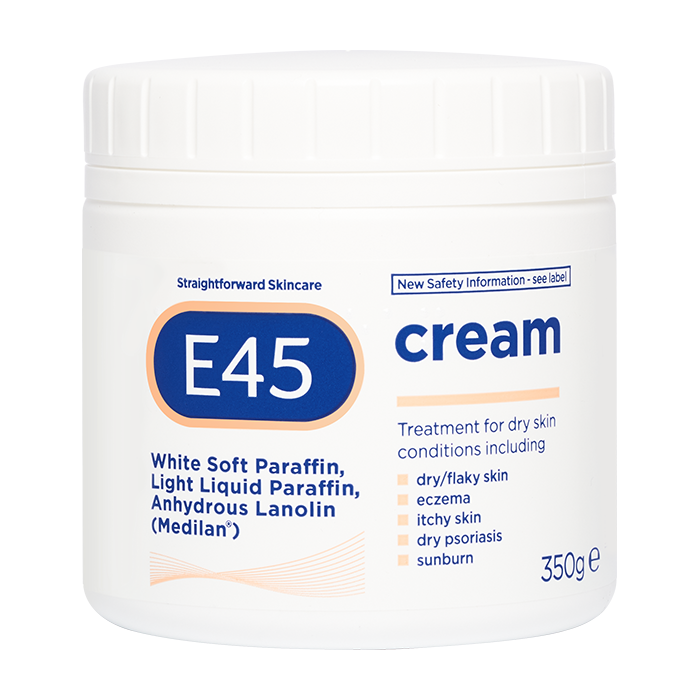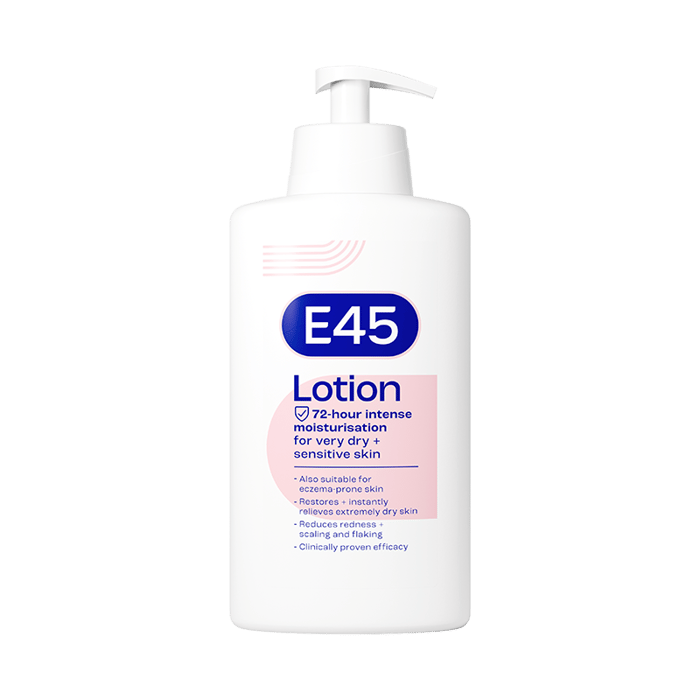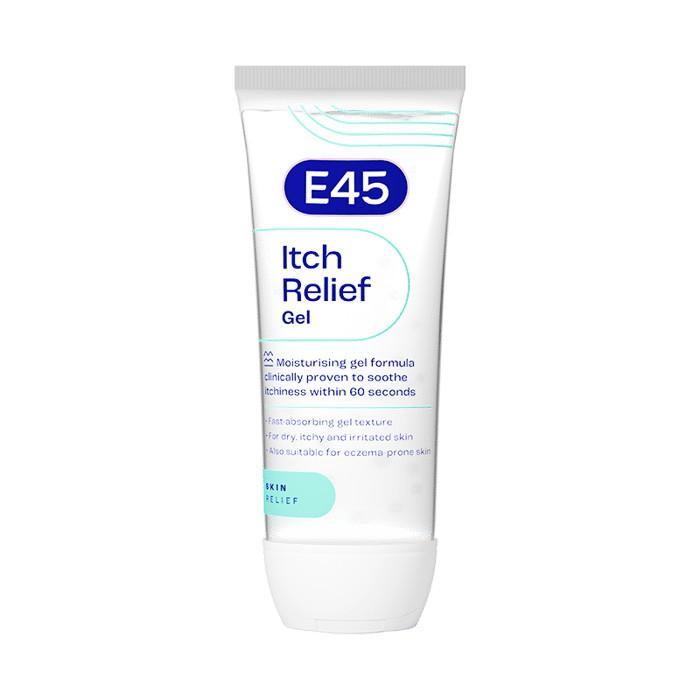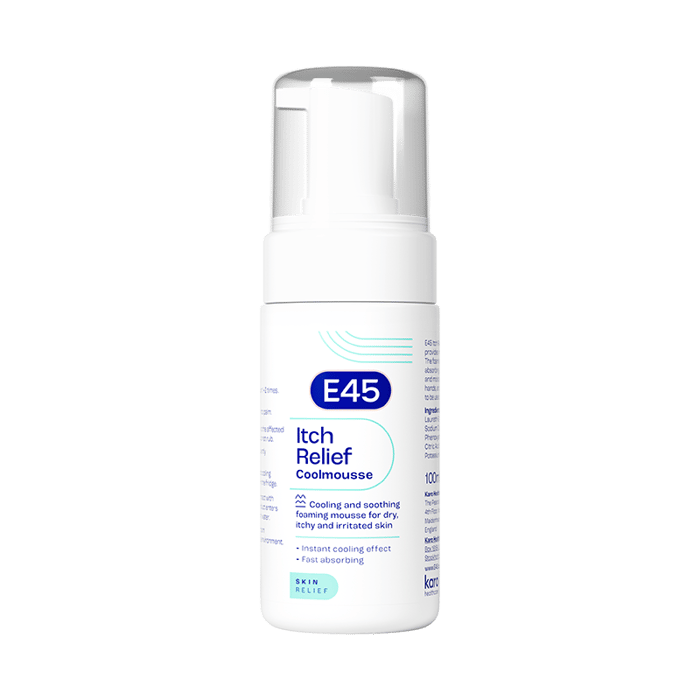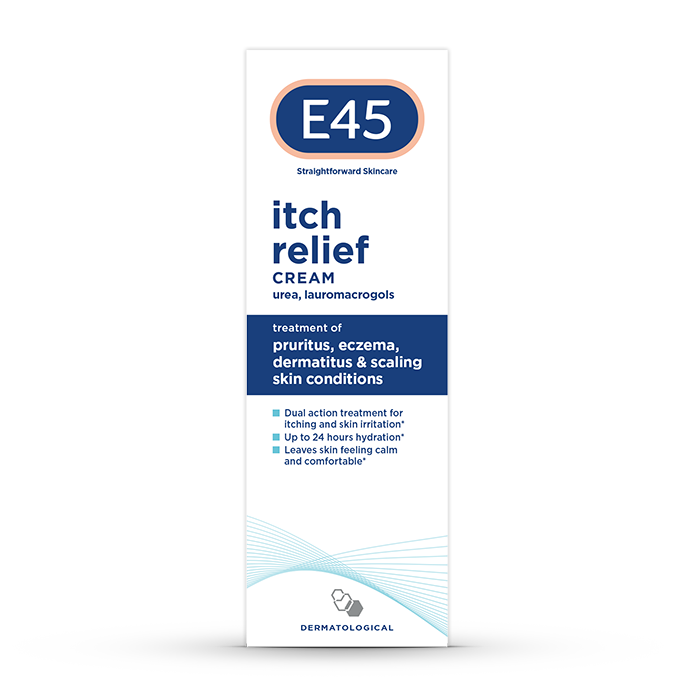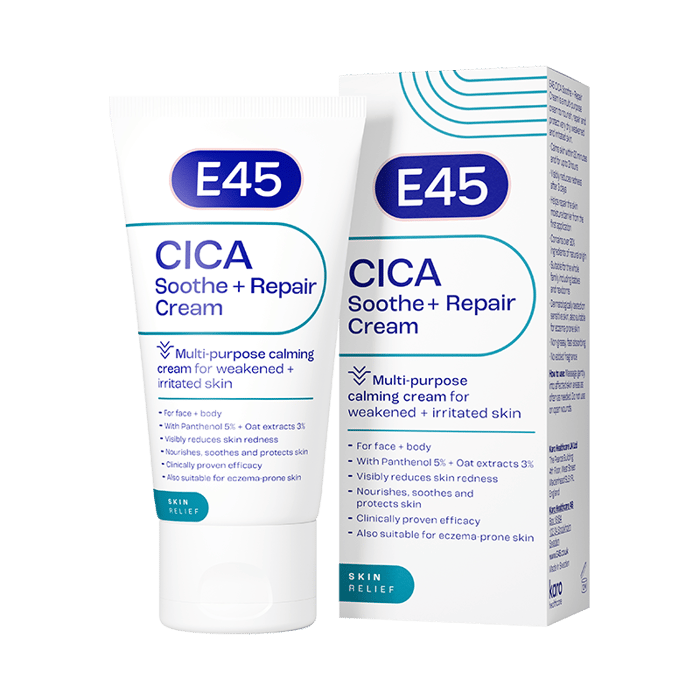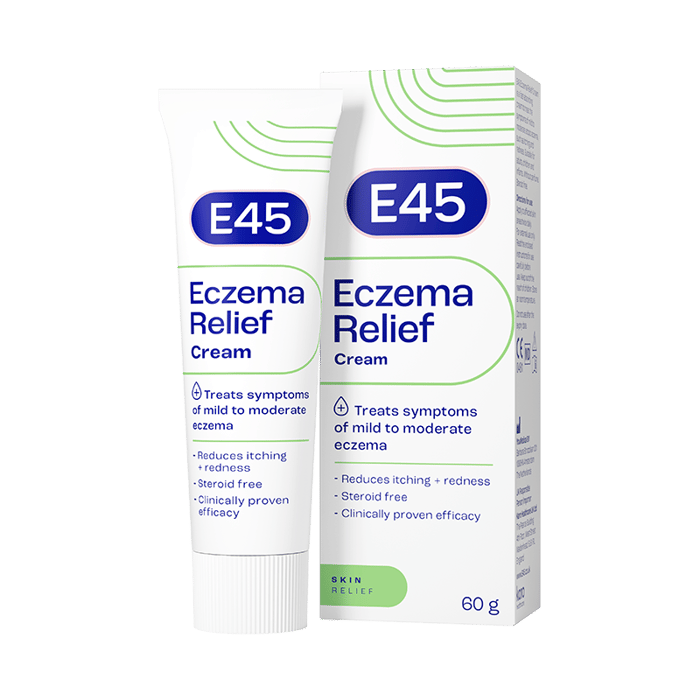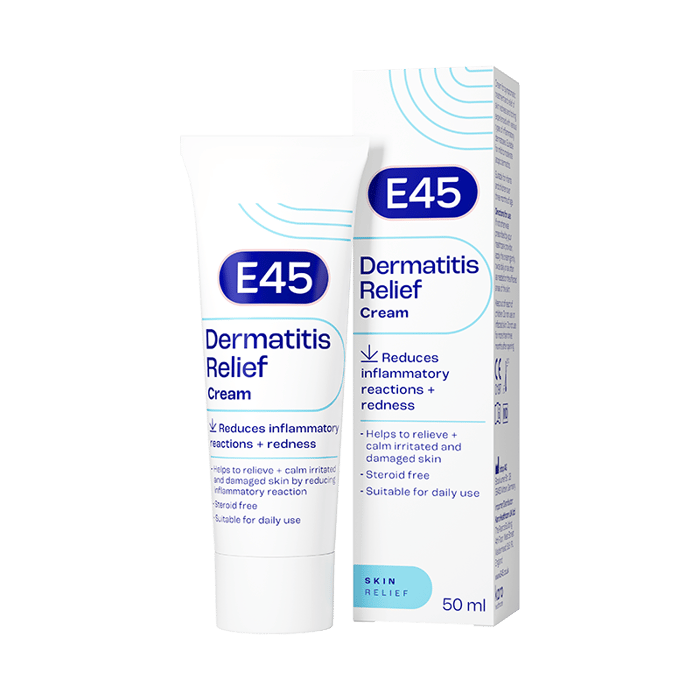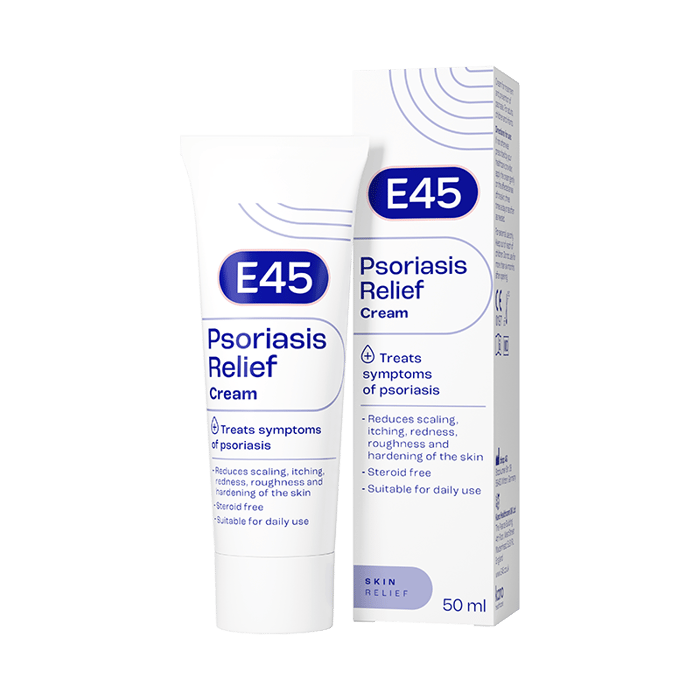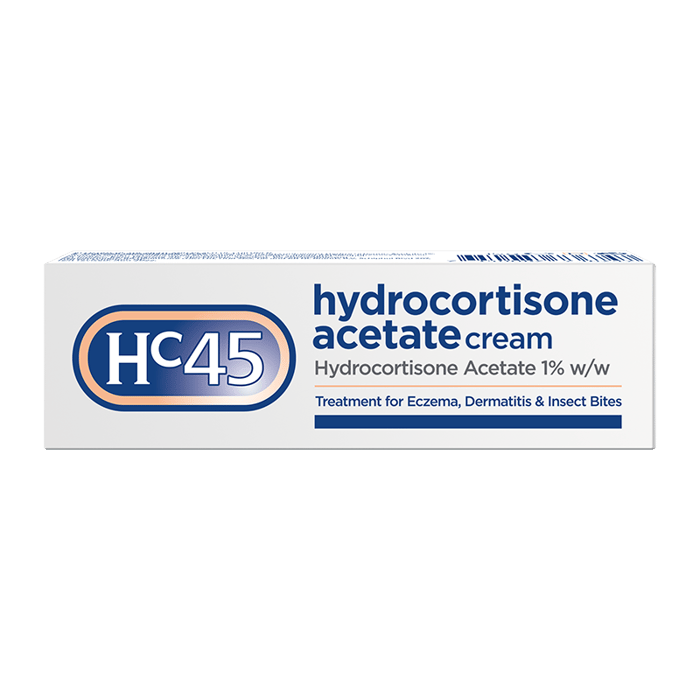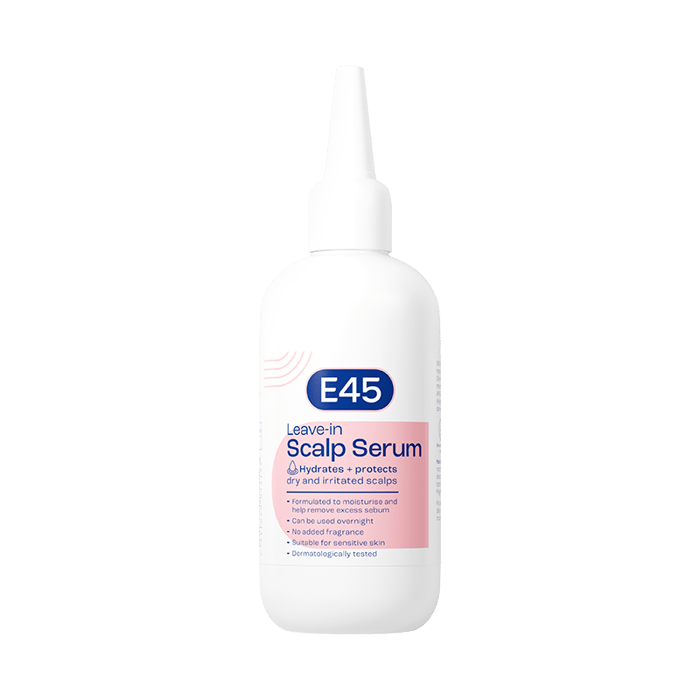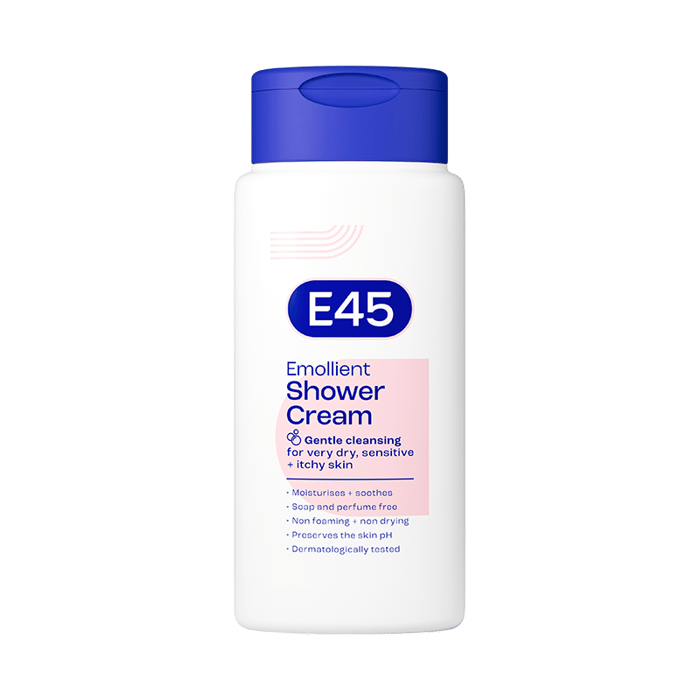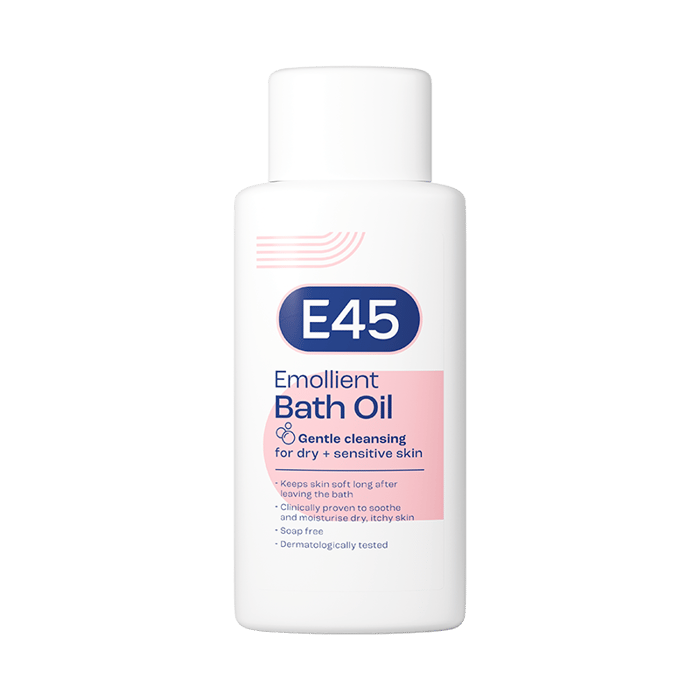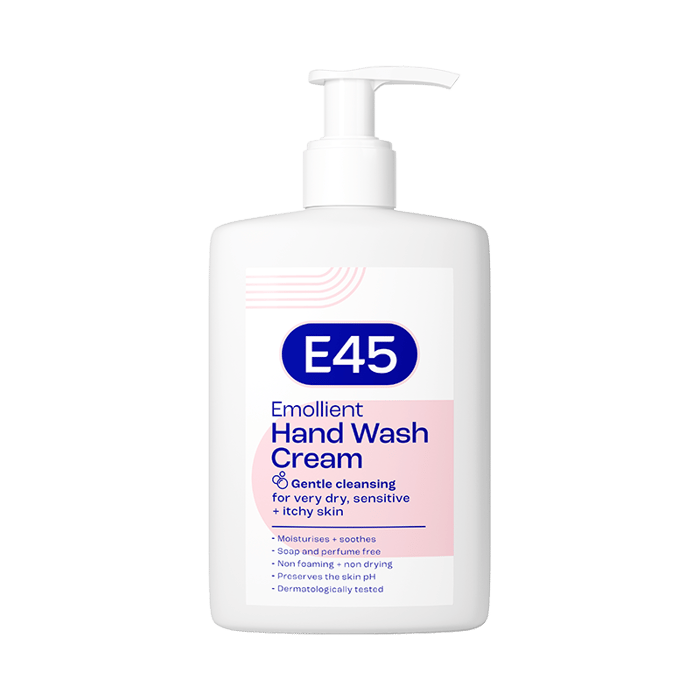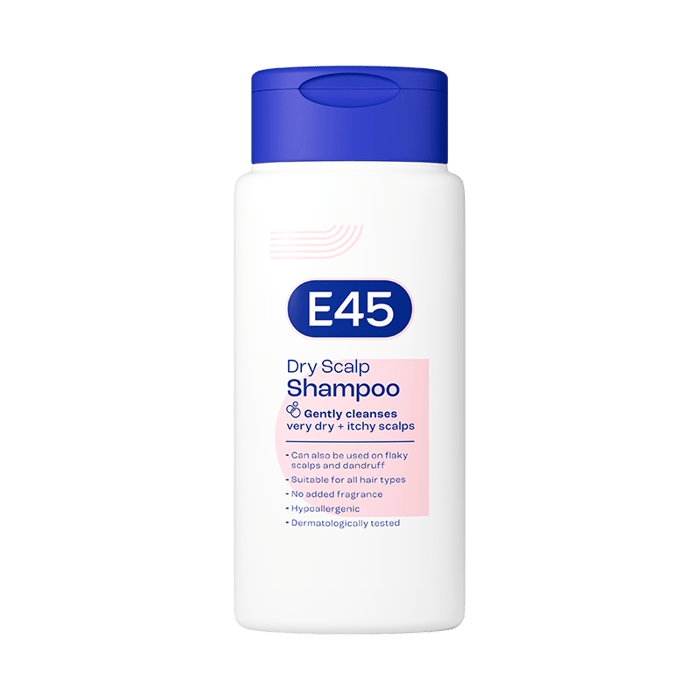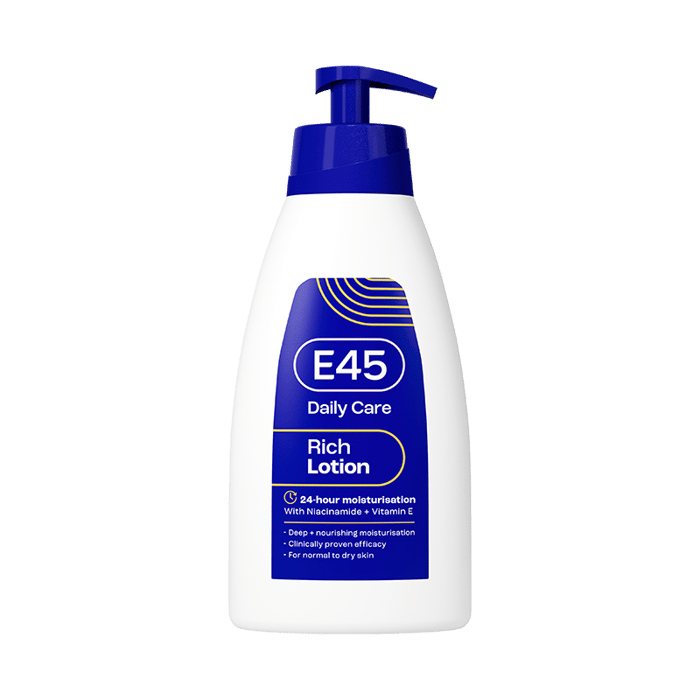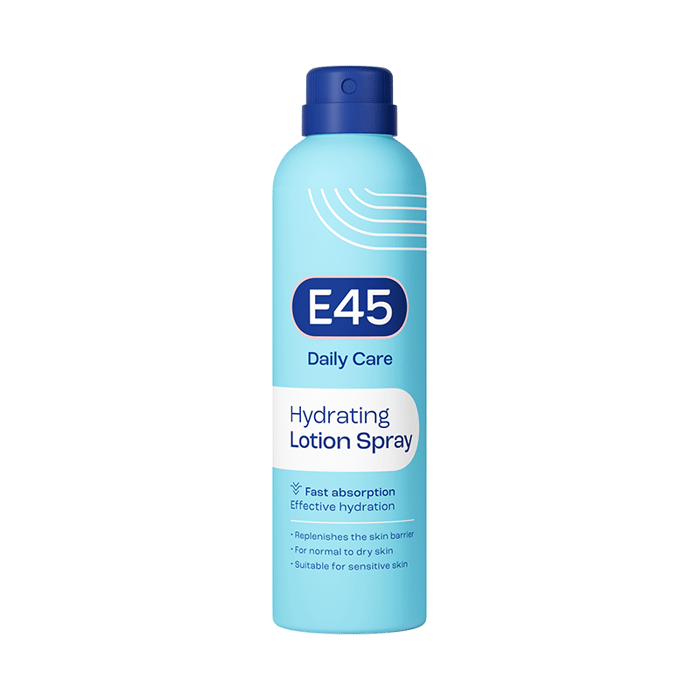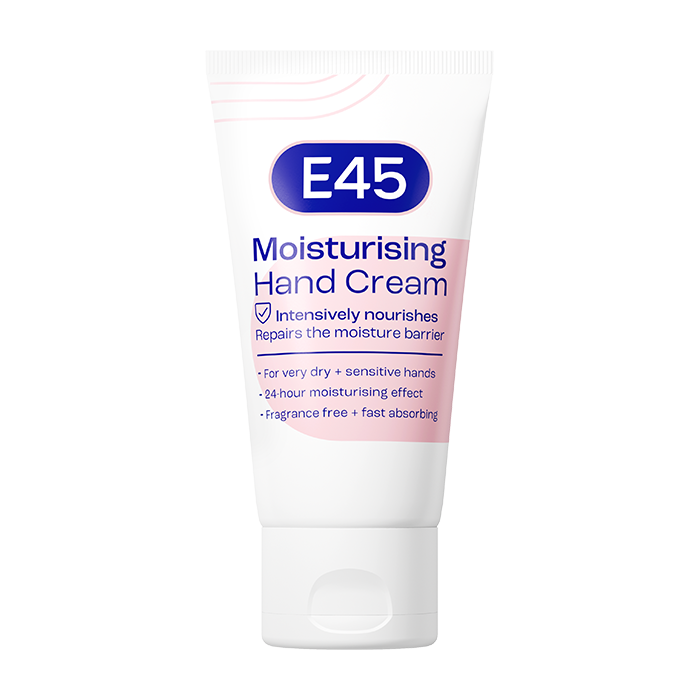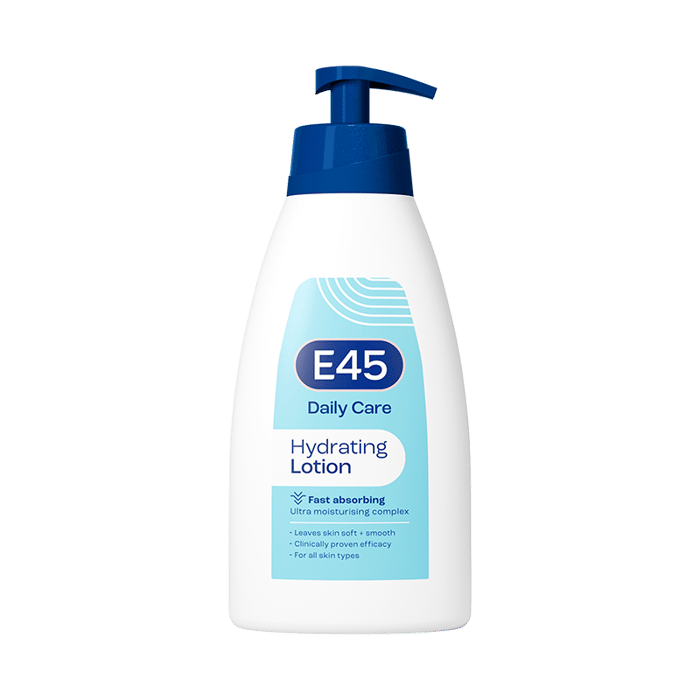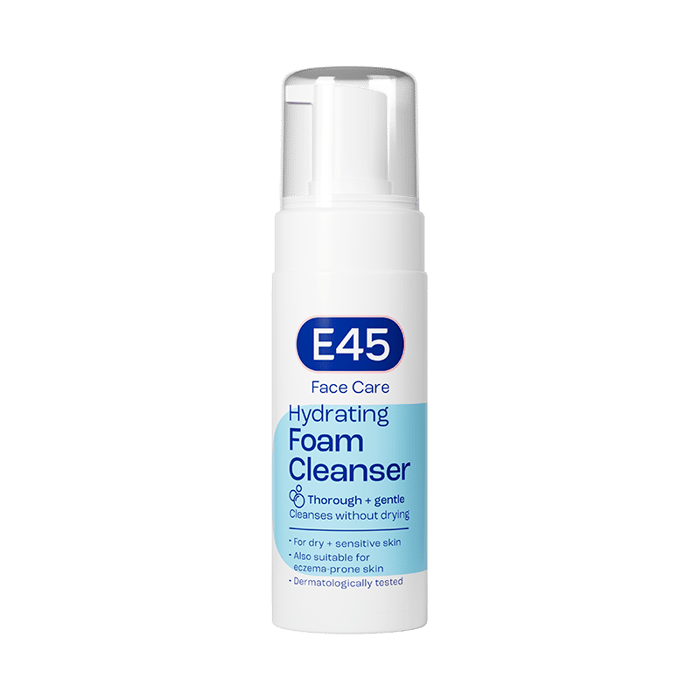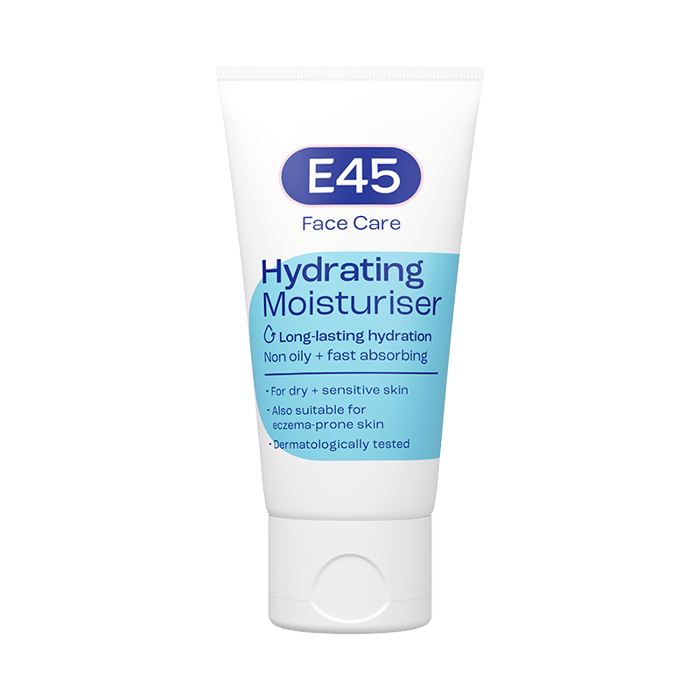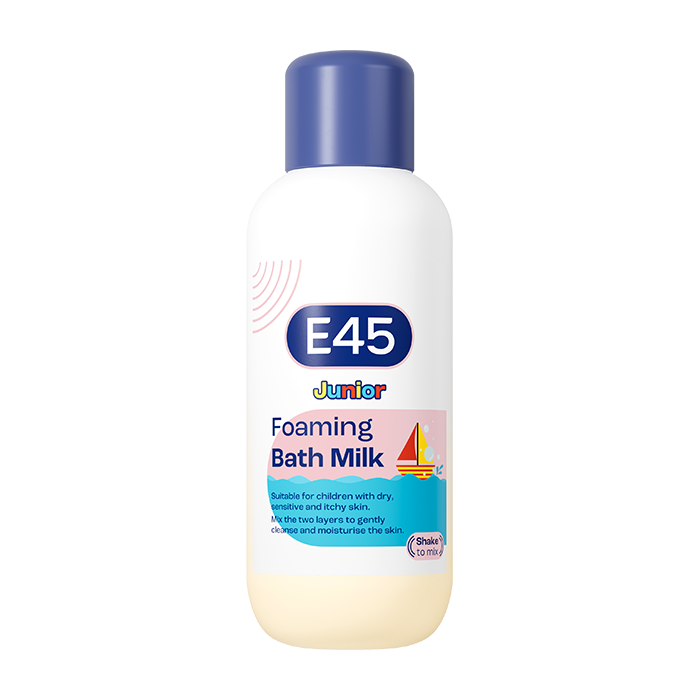Understanding Baby Eczema: Symptoms, Causes and Solutions.
Baby eczema is a skin condition that affects infants and young children, causing dry, itchy, and inflamed skin. We know as a parent, it can be hard to see your little ones struggle with the symptoms of eczema. By understanding the causes, seeing the signs of a potential flare-up and knowing the best way to manage symptoms will be sure to make a difference to your child’s wellbeing.
Take a look through our guide, where we will delve into everything baby eczema, including key symptoms, possible triggers, and effective solutions to reduce eczema.
Understanding Baby Eczema
Understanding the causes and symptoms to look for in baby eczema is necessary to provide effective treatment. By finding those potential triggers and fine-tuning a skincare routine to help, you’ll be able to soothe your child’s symptoms and improve their overall skin health.
What is Baby Eczema?
Baby eczema, also known as infantile eczema or childhood dermatitis, is a chronic skin condition characterised by dry, red, itchy patches on the skin. It commonly appears on the face, especially on the cheeks and chin, but can also affect other parts of the body (source). Eczema in babies is often associated with a compromised skin barrier, leading to increased sensitivity and susceptibility to irritants.
What Causes Baby Eczema?
Baby eczema is a more common condition than you think affecting a large number of babies and young children. Studies show that approximately 10% to 30% of children experience eczema in their early years. It commonly develops within the first six months of their life, with many cases improving as little ones grow older. While the exact cause of eczema remains unknown, various factors contribute to its occurrence.
Causes to Baby Eczema
Genetic Factors and Family History: Family history plays a significant role in the development of baby eczema. If one or both parents have a history of eczema, asthma, or allergies, there is an increased likelihood of their child developing eczema as well. Genetic factors contribute to the skin’s impaired barrier function, making it more susceptible to environmental triggers.
Environmental Triggers: Baby eczema can be triggered or worsened by:
- Dry air – this could come from something like air conditioning or heaters.
- Harsh soaps and detergents, including anything with a strong perfume.
- Exposure to allergens like dust or pet hair.
- Changes in temperature.
- Changes in humidity.
- Seasonal allergies such as hay fever.
Skin Barrier Dysfunction and Immune System Abnormalities: In babies with eczema, the skin’s natural barrier function doesn’t work as it should, allowing moisture to escape and irritants to penetrate more easily. This leads to dryness, inflammation, and increased itchiness. This may also be a sign of abnormalities in the immune system’s response.
Symptoms and Diagnosis
Common Symptoms of Baby Eczema
Recognising the symptoms of baby eczema is necessary for early diagnosis. The following are common signs to watch out for:
- Dry and Itchy Skin: Little ones with eczema often have dry, rough, and scaly patches of skin. The affected areas may be intensely itchy, leading to scratching and potential skin damage. Read more in our guide about dry skin in babies.
- Redness and Inflammation: Eczema flare-ups cause redness and inflammation on the affected skin. The skin may appear swollen and feel warm to the touch.
- Rash on Baby’s Face: One of the most common areas affected by baby eczema is the face, particularly the cheeks and chin. Red patches, accompanied by dryness and itchiness, may appear on your baby’s face.
- Rash on Other Body Parts: Eczema can also manifest on other parts of the body, including the scalp, arms, legs, and torso. The rash may vary in severity and can range from mild to more extensive coverage.
Differentiating Baby Eczema from Other Skin Conditions
There are other skin conditions that may look like baby eczema with very similar symptoms. It’s important to the rules out these by understanding the differences in these conditions. Some common differences are:
- Nappy Rash: Nappy rash typically occurs in the diaper area and is caused by prolonged exposure to moisture, irritants, or an allergic reaction to diapers or wipes. Unlike eczema, diaper rash is confined to just the area where nappies are sitting on the baby’s skin..
- Cradle Cap: Cradle cap appears as thick, yellowish, or greasy scales on a baby’s scalp. It is not the same as eczema but can sometimes occur at the same time.
- Milia: Milia are small, white bumps that often appear on a baby’s nose, chin, or cheeks. They are caused by blocked oil glands but is not related to eczema.
Effective Solutions and Treatments
While there is no cure for baby eczema, several solutions and treatments can help manage and soothe symptoms:
- Gentle Care Routines for Baby Eczema Symptoms: Establishing a gentle care routine is a must-have for managing baby eczema symptoms. Use mild, fragrance-free cleansers and moisturisers designed specifically for sensitive skin. Avoid harsh soaps or products that contain potential irritants.
- Avoiding Triggers and Allergens: Identify and avoid triggers that worsen your baby’s eczema so you can minimise exposure to these.. This may include avoiding certain food groups, , using hypoallergenic bedding, and avoiding rough fabrics or tight clothing that can further irritate the skin.
- Topical Treatments and Medications: Applying emollient creams or ointments suitable for babies can help soothe and hydrate your baby’s skin.
Long-Term Management of Baby Eczema
Working out a long-term plan to manage baby eczema symptoms can help reduce flare-up frequency and severity.
Tips for Preventing Baby Eczema Flare-ups
Here are some tips for preventing baby eczema flare-ups:
- Keep your baby’s skin well-moisturised using gentle, hypoallergenic products.
- Avoid overheating or overdressing your baby, as excessive sweating can trigger flare-ups.
- Maintain a clean and dust-free home.
- Avoid foods that may be a potential allergy for your little one.
Creating a Healthy Environment for Your Baby
There have been studies that show that certain environmental factors can affect your baby’s skin and are potentially connected to baby eczema (source). We know that you want to do all you can to ensure your baby has a comfortable and healthy place to grow up. A few things to consider with eczema in mind would be using hypoallergenic bedding, avoiding exposure to smoke or strong perfumes, and maintaining optimal humidity levels in your home.
Keep Regular Follow-ups with Healthcare Professionals
Regularly consult with your paediatrician or dermatologist to monitor your baby’s condition and seek professional advice on effective management plans. They can recommend specific treatments, assess the need for stronger medical options in severe cases, and provide guidance on managing eczema alongside any other health conditions.
Conclusion
When your baby has eczema, it can be a stressful time, where you want to find the best solution possible to soothe your little one’s skin. By spotting symptoms early, pin-pointing potential triggers and finding solutions that work, you’ll be able to manage eczema longer-term and help with the aid of symptoms.
Just remember, everyone’s skin is different and what works for one, might not work for everyone. If you’re unsure, or if symptoms get worse, always seek professional advice.
FAQ: Baby Eczema
How do I treat eczema on my baby?
- Use gentle, fragrance-free cleansers and moisturisers specifically designed for sensitive skin.
- Keep your baby’s skin well-moisturised throughout the day.
- Avoid hot baths or showers and opt for lukewarm water.
- Dress your baby in soft, breathable fabrics.
- Trim your baby’s nails to prevent scratching and potential skin damage.
- Consult with a doctor or dermatologist for appropriate treatment options, including topical creams or ointments.
What triggers most baby eczema?
Baby eczema can be triggered by a number of factors, including:
- Environmental factors such as dry air, harsh soaps, detergents, and exposure to allergens like dust or pet hair.
- Changes in temperature and humidity.
- Seasonal allergies.
- Contact with certain fabrics or irritants.
How does a baby show signs of eczema?
Babies with eczema may show the following symptoms:
- Dry, rough, or scaly patches of skin.
- Redness and inflammation on the affected areas.
- Intense itching, leading to scratching and potential skin damage.
- Rash on the face, particularly the cheeks and chin.
- Rash on other body parts, such as the scalp, arms, legs, and torso.
Should I worry about baby eczema?
Baby eczema is a common condition and, in most cases, not a cause for major concern. However, it can cause discomfort and irritation for your baby, so it is important to take steps to manage and treat the symptoms.
If you are unsure or if your baby’s eczema is severe, persistent, or affecting their quality of life, it is recommended to consult with your doctor or dermatologist for proper evaluation and guidance.
Will baby eczema go away?
In many cases, baby eczema can improve as little ones get older.
By choosing a gentle skincare routine, avoiding triggers, and using suitable treatments, you can help manage and reduce eczema symptoms on your baby.
However, it is important to note that eczema can be a chronic condition, and some individuals may continue to experience flare-ups or have occasional skin sensitivities throughout their lives.
What to avoid when baby has eczema?
When your baby has eczema, it is recommended to avoid the following:
- Harsh soaps or detergents that can strip the skin’s natural oils.
- Fragranced products that may contain potential irritants.
- Rough fabrics or tight clothing that can further irritate the skin.
- Overheating or overdressing your baby, as excessive sweating can trigger flare-ups.
- Potential allergenic foods or ingredients that may worsen eczema symptoms. It’s important to consult with your doctor for personalised advice on introducing new foods to your baby’s diet.

